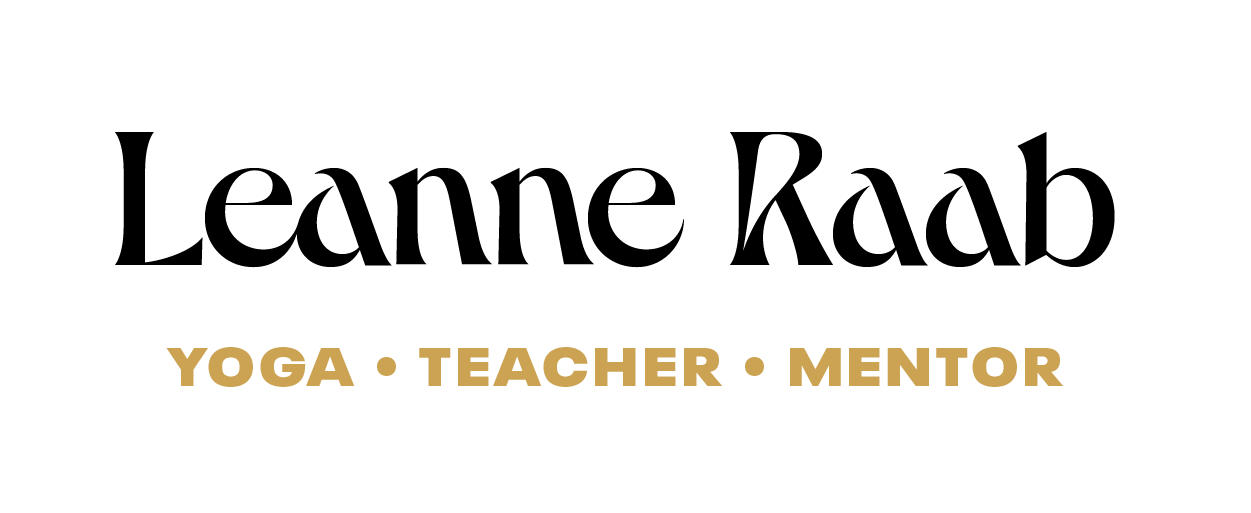Misconceptions of a Yogi…
If one has the flexibility to touch their toes, meditate daily, smoke a doobie and sway (eyes closed) to the beat of the bongo, surely the dangers of excess control are an impossible outcome?
Apparently not.
I’ve been that meditating, toe-touching, doobie swayer - radiantly carefree from the outside, but deep down, plagued with an ergonomically-friendly backpack full of unresolved control issues.
Turns out flouncing around in a muumuu and sprouting my own grains did not deem me chilled out. Nor did enduring a daily meditation practice and taking a regular yoga class.
For a long time, I was doing all of this and more, yet displayed the same, highly strung symptoms as the investment brokers who made up half of my client base: I was a sleep deprived teeth grinder, with low immunity. Each morning I’d set my timer for 20 minutes, painfully position myself into a cross legged position, and shut my eyes with a rigid expectation of landing in presence. I’d also drag my worn out yoga mat to daily yoga classes, despite a torn rotator cuff and non-existent social life.
When our practice or wellness routine becomes a crutch for control, it’s time to figure out if we’re really getting the essence of the practice.
If meditation is about presence, why does it feel like we’re in a rush to get it over and done with?
If our asana practice is about inner stability, why are we a flaming, irritable mess when class expectations go awry?
We impose control to avoid the hard stuff. That might be a fear of failure, shame, anything that brings up the terrifying possibility that we are unworthy of love and require healing.
The more I work with yoga teachers, the more I understand that over control is pretty common among us, as the part of us seeking validation can make us rigid and hard on ourselves. When yoga becomes our work, it can become less about the feel-good stuff, and more about expectations to achieve, and over time, control takes over.
Author and psychotherapist Imo Lo believes that overcontrol goes unrecognised too often. “Unlike people who are under-controlled, those who are over-controlled are private and reserved. Their ability to tolerate the high amount of pain and distress means they rarely seek help”, Lo writes.
Don’t forget to drop into a space of softness amidst your downward dogs.
Let wherever you’re at be truely felt and acknowledged.
Those moments of easing the controller within, can bring our most powerful learnings to life.
Love, Leanne xoxo
